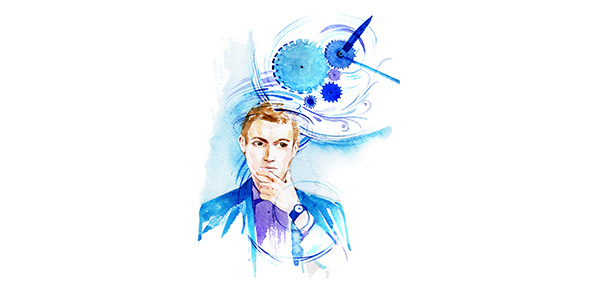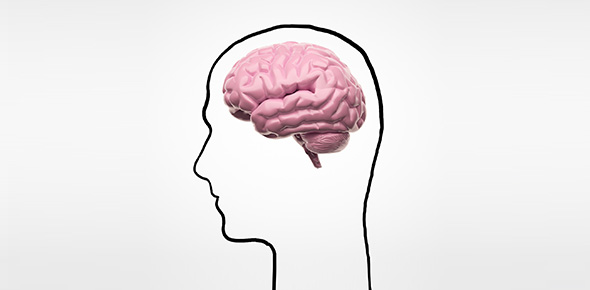Related Flashcards
Related Topics
Cards In This Set
| Front | Back |
|
Social PsychologyStudy of how human interaction affects behavior and vice-versa.
ex. N/A |
Attribution TheoryAttributing behavior; internal dispositions v. external situations.
ex. Sally couldn't come to work because she was sick. (external) Sally faked sick so she could stay home from work and watch reruns of Jersey Shore. |
|
Fundamental Attribution ErrorAttributing the behavior to internal disposition when in reality the external situation is to blame.
ex. The "gas pump" scenario. |
AttitudeBelief/feeling that makes a person behave in a certain way to people, places, things, events.
ex. "If we believe someone is mean, we may feel dislike for the person and act unfriendly." - pg. 698 |
|
Foot-in-the-door PhenomenonOnce doing a small favor for someone, they are more likely to do a larger favor for them afterward. Popular sales tactic.
ex. "Hey, could you hold the door open for me?""Hey, do you think that you can help me carry in my groceries?""Hey, do you think you can help me with some difficult yard work?" |
Cognitive Dissonance TheoryChanging attitudes and thus reduce the discomfort of two inconsistent cognitions.
ex. Heath Ledger "became" the Joker and accidentally OD'd on sleeping pills. |
|
ConformityTendency to adjoin with a group's standard behavior/thinking for acceptance.
ex. Cliques exist because of this. |
Normative social influenceWhat influences us to steer away from rejection and strive for approval.
ex. Conformity! |
|
informational social influencePreference to retract one's opinions and accept others for the sake of truth.
|
Social FacilitationWhen others are in presence, performance peaks.
|
|
social loafingTendency for people in a group to do less effort because they're in a group.
|
deindividualizationLess self-conscious and less restrained in a group situation.
ex. Flame wars online. |
|
group polarizationDemocratic rule in a group: equal participation and enhancement of attitudes through discussion.
|
groupthinkWhen a desire for harmony and perfection becomes more important than actual results.
ex. Kennedy's Cuba-CIA fiasco. |
|
prejudiceTo believe, feel and act against something, someone, some trait, some place, or some race.
ex. overweight people, African Americans, women, Jewish, homosexual, etc. |
stereotypeOvergeneralized "facts."
ex. All fat people got fat because they have unhealthy habits. *The above stereotype has a disregard for the possibility that the person inherited a weight problem when they were born. |
|
ingroup
Privileged people. The cool kids. Popular. Et cetera. |
outgroup
Unprivileged people. The outcasts and misfits. Unpopular. Et cetera. |
|
ingroup biasThe bias of the ingroup towards the outgroup.
|
scapegoat theoryPrejudice allows us to express anger by giving us someone to blame.
|
|
just-world phenomenonPeople get what they deserve philosophy.
|
aggressionHateful destruction or damage of people, places, things.
|
|
frustration-aggression principlefrustration --> anger --> aggression
|
conflict
a believed incompatibility of attitudes. |
|
social trapRomeo and Juliet syndrome. Two parties clashing with self-interest engage in behavior that is mutually destructive.
|
mere exposure effect"Familiarity breeds fondness." - 729Inception?
|
|
passionate loveBeginning of a love relationship; often with the biological pheromones. Intense positive absorption of one another.
|
companionate loveAffectionate attachment resulting from the feeling that two lives are intertwined. Often from years of love.
|
|
equityProportionate reciprocation of affection.
|
self-disclosureWhen one person reveals to the other person what about them they like - all of which are intimate aspects.
|







